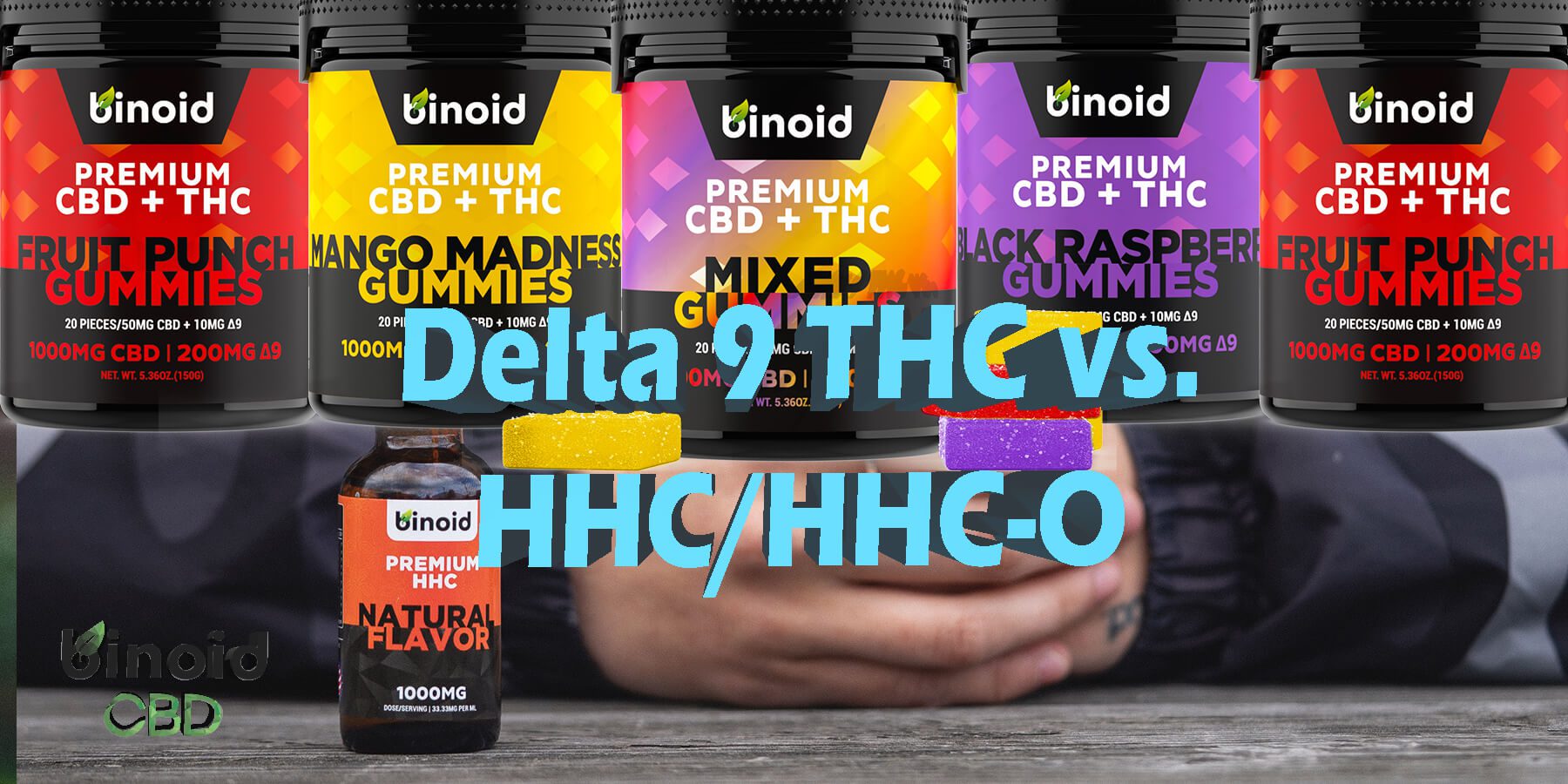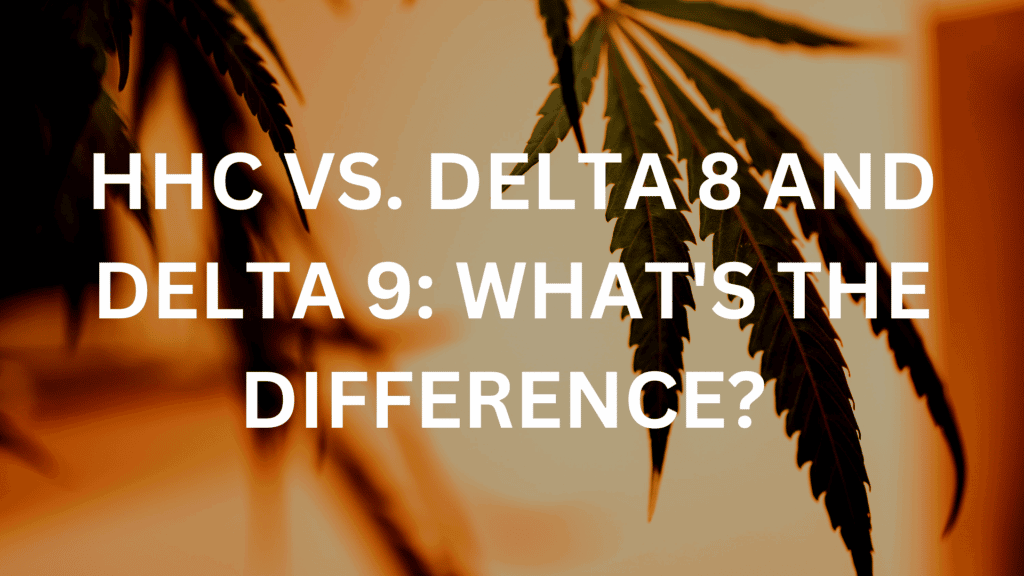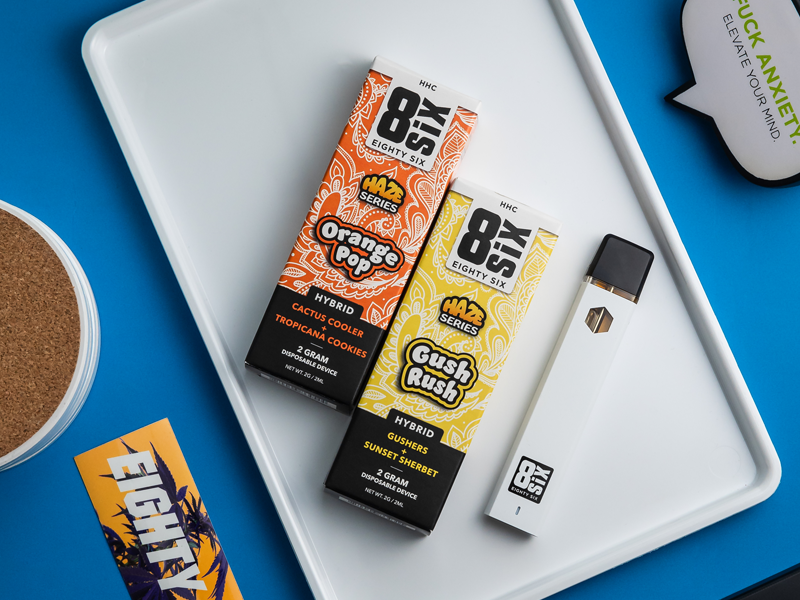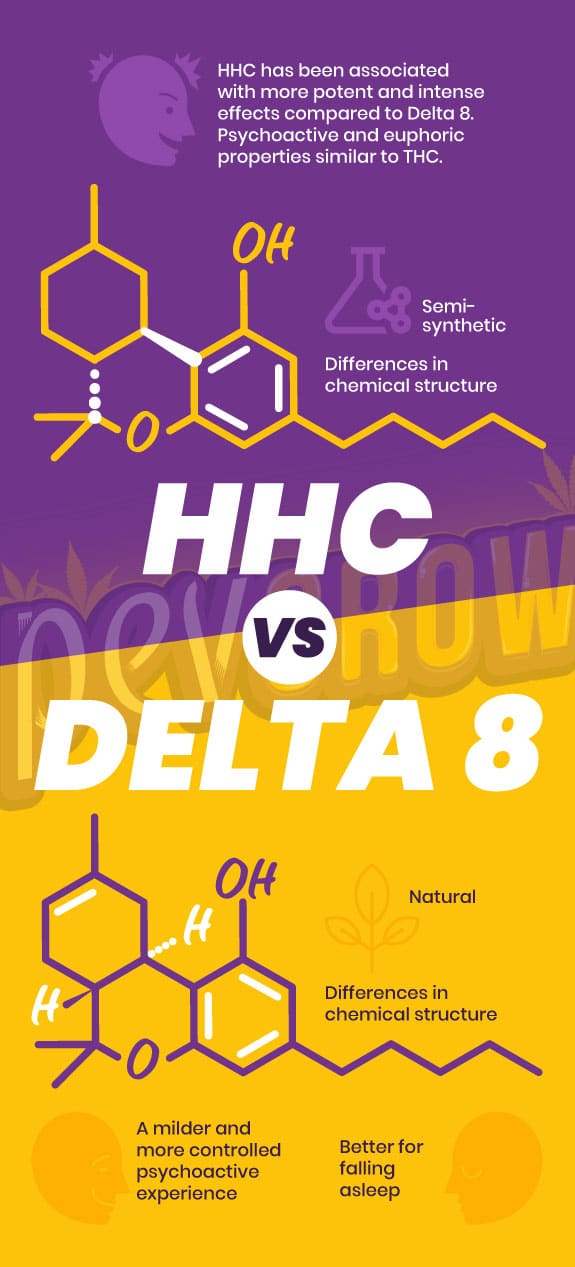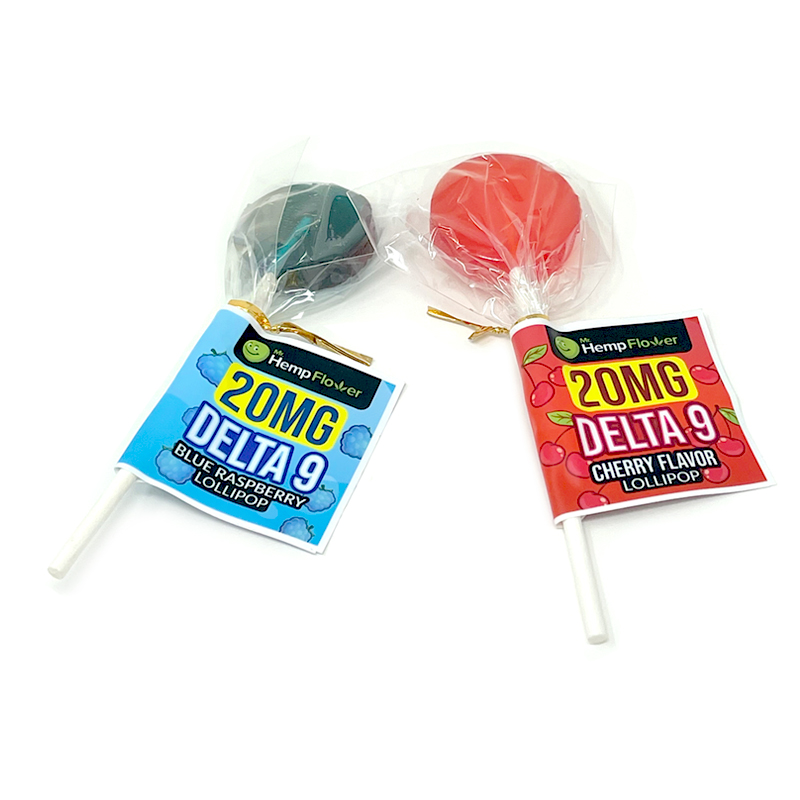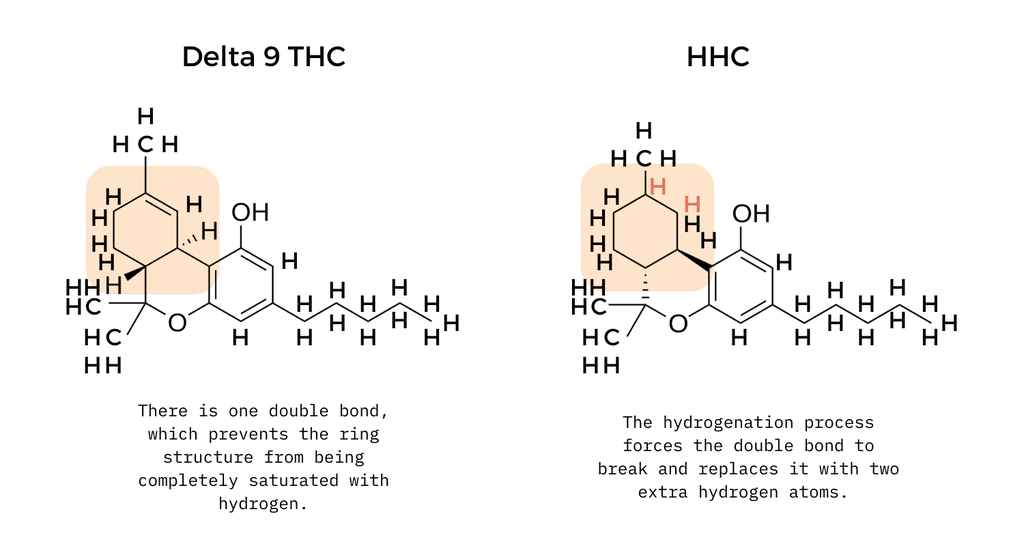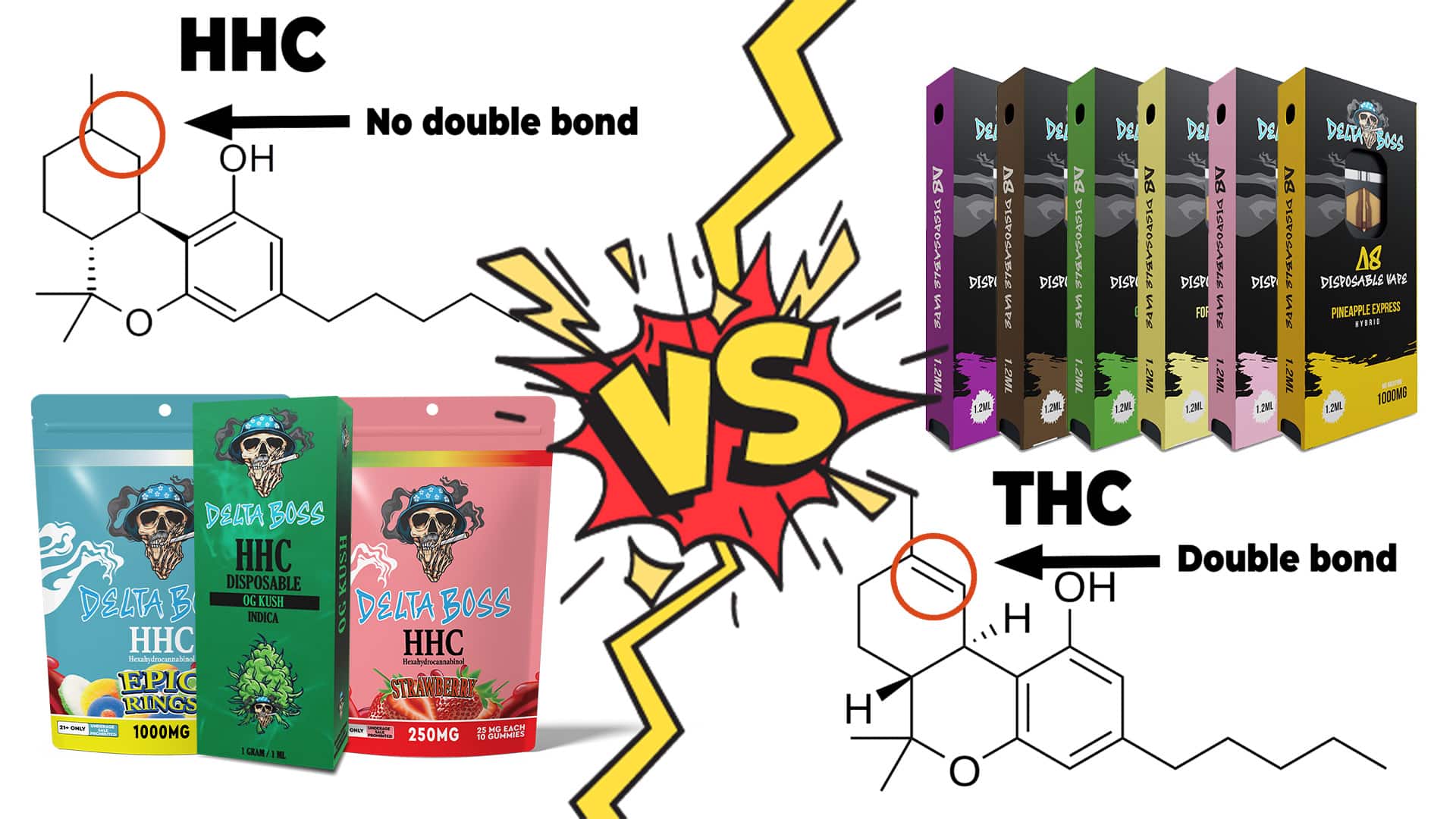Is Hhc Stronger Than Delta 9

A fog of confusion hangs over the cannabis landscape as a new contender enters the ring: HHC, or hexahydrocannabinol. Consumers and regulators alike are grappling with a critical question: Is this newcomer stronger than the well-established Delta-9 THC, the primary psychoactive compound in marijuana?
This question is more than academic; it has profound implications for public health, safety, and the future of cannabis regulation. As HHC gains popularity, understanding its potency relative to Delta-9 is crucial for informed decision-making and responsible consumption. The legal grey areas surrounding HHC, often derived from hemp, further complicate the situation, demanding a thorough examination of its effects and potential risks.
HHC vs. Delta-9: Unpacking the Chemistry
To understand the potency debate, it's essential to delve into the molecular structure of these cannabinoids. Delta-9 THC contains a double bond at the 9th carbon atom, while HHC is a hydrogenated form of THC, meaning hydrogen atoms have been added to its structure.
This hydrogenation process alters the molecule's stability and how it interacts with the body's endocannabinoid system (ECS). The ECS plays a crucial role in regulating mood, pain, appetite, and other physiological functions.
The subtle structural difference impacts how effectively the cannabinoid binds to the CB1 receptors in the brain, which are primarily responsible for the psychoactive effects of cannabis. This binding affinity is a key determinant of potency.
Conflicting Reports on Potency
Anecdotal evidence and early research suggest that HHC is generally less potent than Delta-9 THC. Many users report that HHC's effects are milder and more akin to a "diet" version of Delta-9.
However, it's crucial to note that HHC products often contain a mix of isomers, including 9R HHC and 9S HHC. The 9R isomer appears to bind more effectively to CB1 receptors, while the 9S isomer is thought to be less active.
The ratio of these isomers in a given product can significantly impact its overall potency. Because lab testing for HHC is still relatively nascent, accurate potency labeling can be challenging, leading to inconsistencies and potential overconsumption.
The Role of Dosage and Individual Tolerance
Potency is not the only factor determining the effects of a cannabinoid. Dosage plays a crucial role, as even a less potent substance can produce significant effects at higher doses.
Individual tolerance also varies greatly. Factors like body weight, metabolism, frequency of cannabis use, and individual ECS sensitivity can all influence how someone experiences the effects of HHC or Delta-9.
Therefore, it's impossible to make blanket statements about which cannabinoid is "stronger" without considering these individual variables. Starting with a low dose and gradually increasing it is always recommended, especially when trying a new cannabinoid.
Legal Ambiguity and Regulatory Scrutiny
The legal status of HHC is murky, largely due to its derivation from hemp, which is federally legal under the 2018 Farm Bill. However, the legality hinges on whether HHC is naturally occurring in hemp or synthetically derived.
The Drug Enforcement Administration (DEA) has yet to issue a definitive ruling on HHC, leaving its legal status open to interpretation. Many states are beginning to regulate or ban HHC, highlighting the growing concern over its proliferation.
This legal ambiguity creates a regulatory vacuum, making it difficult to ensure product safety and quality. Consumers may be exposed to products with inaccurate labeling, untested ingredients, and potentially harmful contaminants.
Expert Opinions and Scientific Findings
Cannabis researchers are actively studying HHC to better understand its effects and potential risks. While research is still in its early stages, some experts believe that HHC's effects are qualitatively similar to Delta-9, albeit potentially less intense.
"Based on the current evidence, HHC appears to have a lower binding affinity to CB1 receptors compared to Delta-9 THC," says Dr. Emily Carter, a leading cannabis researcher. "This suggests that it is likely less potent on a milligram-per-milligram basis."
However, Dr. Carter cautions that more research is needed to fully understand the long-term effects of HHC and its potential interactions with other medications. She emphasizes the importance of responsible consumption and purchasing products from reputable sources that provide third-party lab testing.
The lack of comprehensive scientific data remains a significant challenge. Most information available is anecdotal or based on limited studies, making it difficult to draw firm conclusions about HHC's safety and efficacy.
Moving Forward: A Call for Clarity and Research
The emergence of HHC underscores the need for clear and consistent cannabis regulations. The legal grey areas surrounding hemp-derived cannabinoids create confusion for consumers and challenges for law enforcement.
Increased investment in scientific research is crucial to fully understand the effects, risks, and potential benefits of HHC and other novel cannabinoids. Standardized testing protocols and accurate labeling are essential to protect consumers and ensure product safety.
As the cannabis landscape continues to evolve, informed decision-making and responsible regulation are paramount. Only through a combination of scientific rigor, regulatory clarity, and consumer education can we navigate the complexities of this rapidly changing industry and minimize potential harms.
